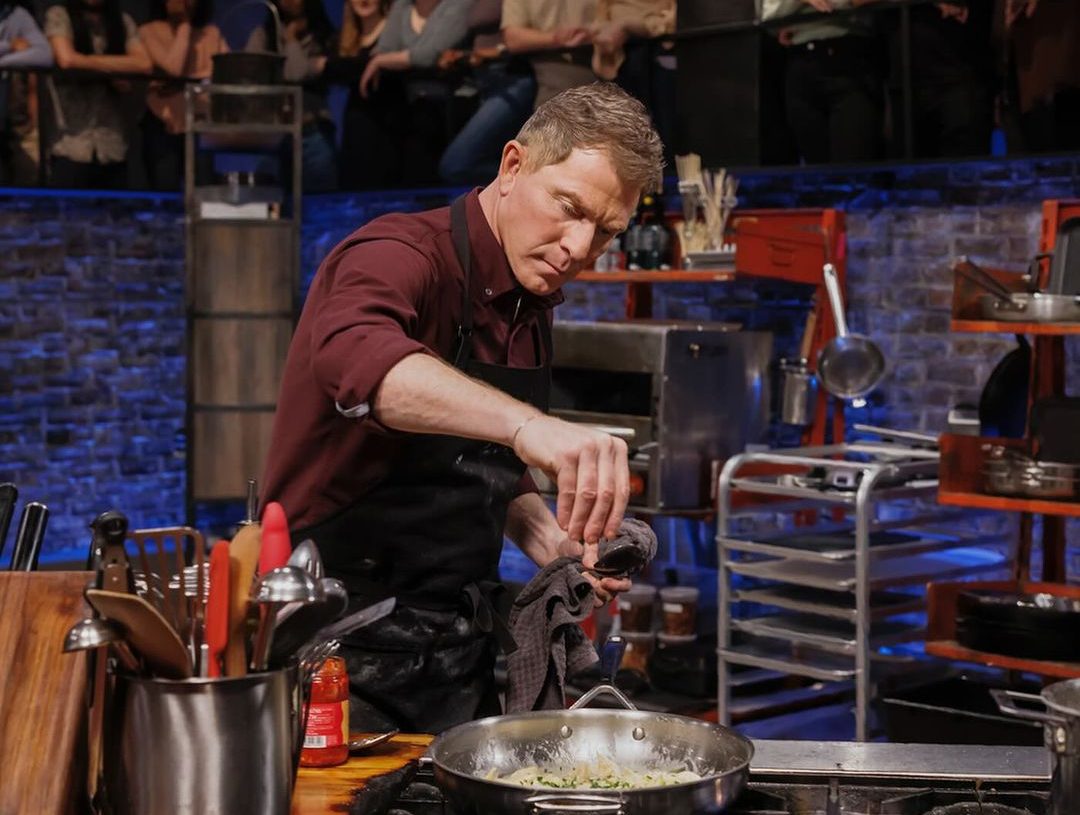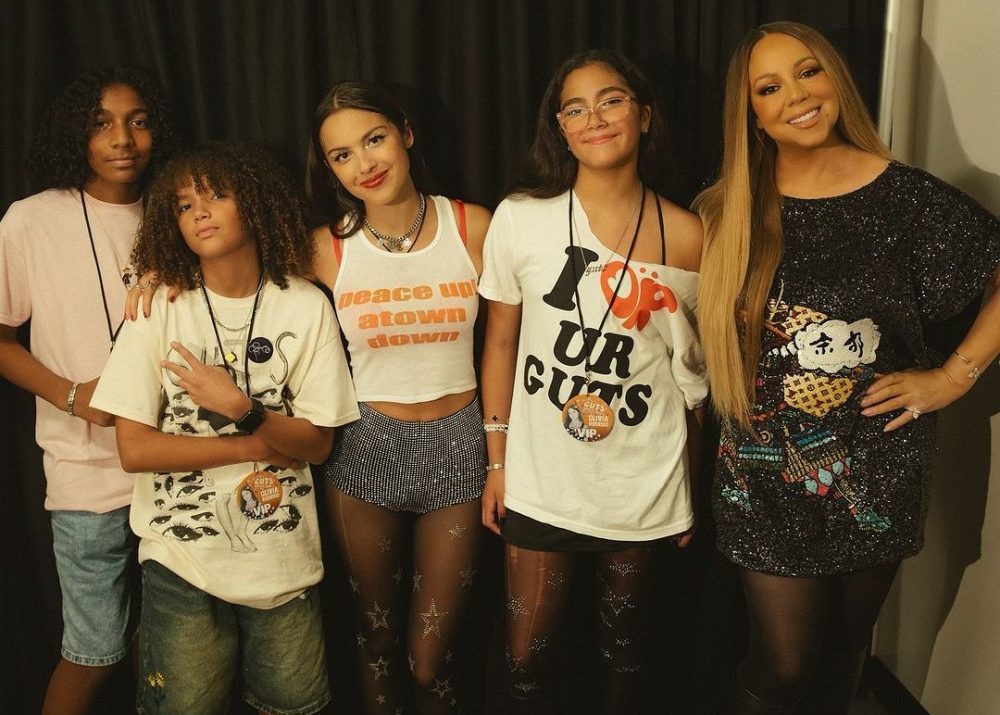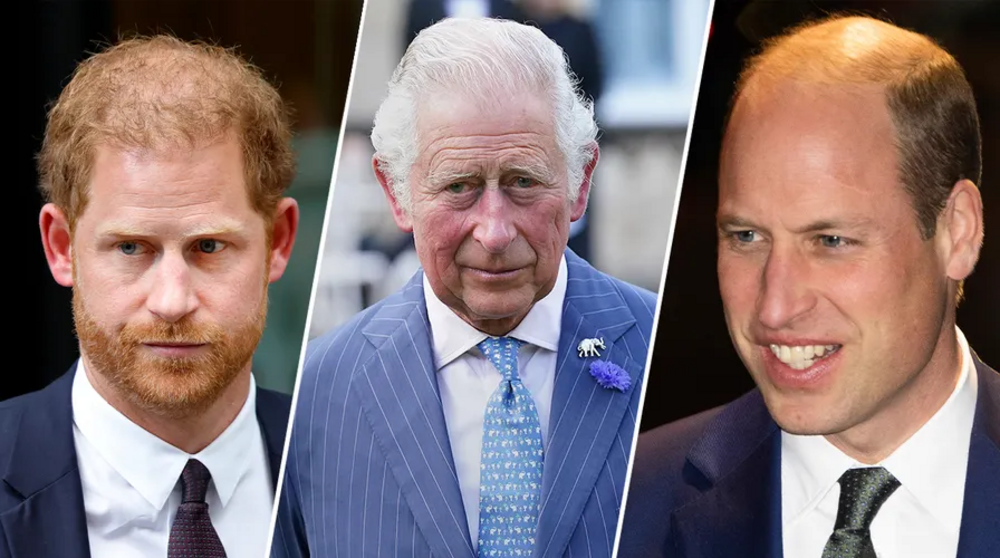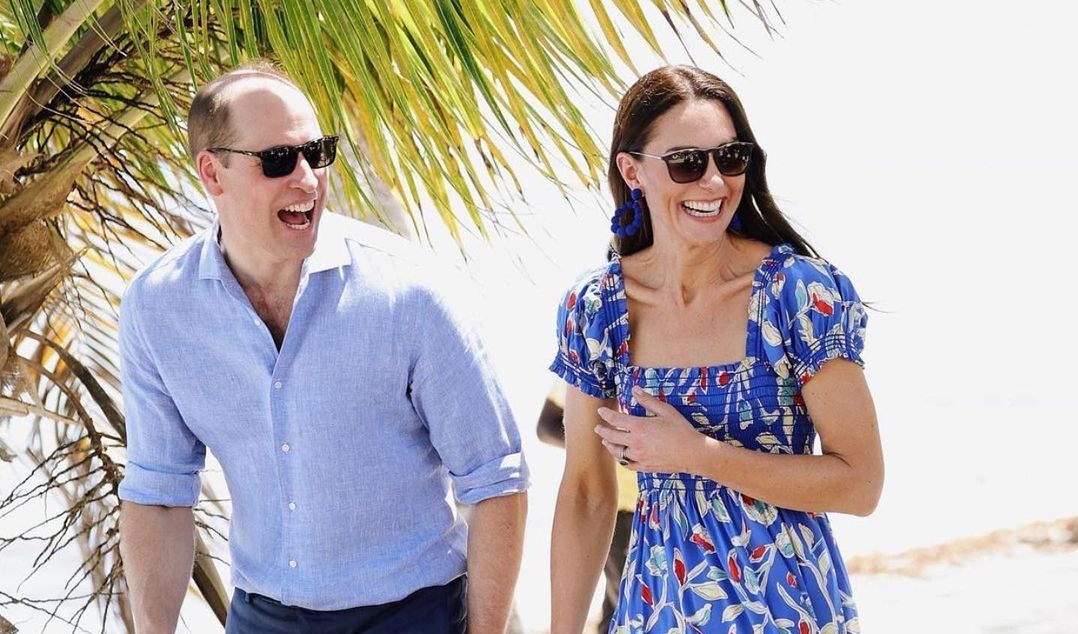Training for hours every day and needing to fuel your body with the best nutrition possible is no mean feat. Athletes know this all too well. They must eat right to perform at their peak.
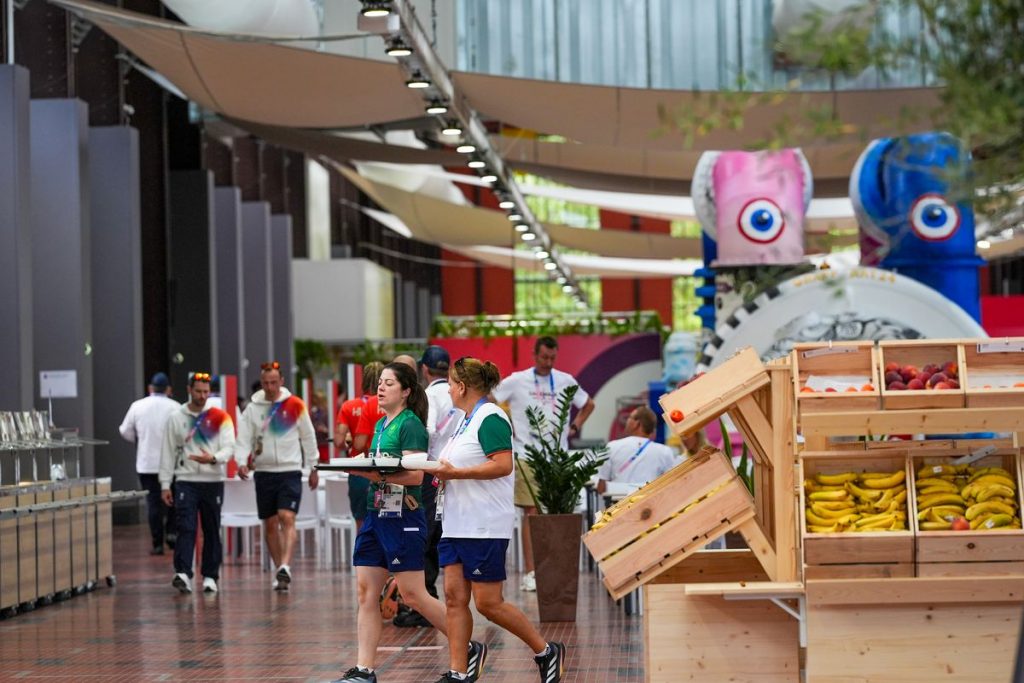
(Photo: Instagram) Athletes at the Olympic Village
"We start with individual preferences, tastes, and dietary restrictions," says Rikki Keen, a senior sports dietitian at the US Olympic and Paralympic Committee (USOPC). The goal is to keep athletes fueled, rested, and ready for action.
Tailoring the Diet to Each Athlete
Keen explains that each athlete’s diet depends on their sport's training demands, performance goals, and blood work results.
"Nutritional needs vary according to the training phase," she says. Laura Moretti Reece, lead sports dietitian for Boston Children's Hospital’s female athlete program, agrees. She warns, "Underfueling can impact performance and health."
They both emphasize the importance of adequate calories. Reece likens nutrition to a pyramid, with calories at the base. As the pyramid rises, it includes macronutrients, timing, and other specifics. She also considers factors like underlying risk, injuries, or special needs.
One strict rule? No alcohol during training. "Alcohol promotes dehydration and delays recovery," Keen states. It also affects muscle protein synthesis and sleep, which are crucial for recovery. Reece adds, "Alcohol acts as a vasodilator, increasing blood flow to tissues, potentially leading to more inflammation."
Sleep is another critical component. "Sleep is essential for recovery and optimal performance," Keen says. She looks at athletes' sleep cycles to understand how nutrition impacts rest. Anxiety can disrupt sleep, so Keen recommends discussing it with a physician or mental health professional if necessary.
How Sport Influences Diet
Athletes' diets vary significantly based on their sport. Keen mentions that calorie requirements differ vastly.
"Calories can differ by 2,000 to 4,000 calories a day," she explains. For instance, swimmers need more fuel than shooters. Reece highlights that sports with higher aerobic demands, like marathon running, require more carbs.

(Photo: Pexels) Athletes diets vary depending on the sport
Reece uses precise methods to determine calorie needs, considering factors like metabolic testing and wearable data. Specifically, Keen focuses on meal timing around training sessions.
"I calculate the grams of carbs and protein needed during training and recovery," she says. The type of sport also dictates whether immediate recovery nutrition is necessary.
The Role of Supplements
Even with a well-planned diet, supplements can be beneficial. Reece and Keen prefer a food-first approach but recognize some athletes may need supplements.
"Supplements support intense training and recovery," Keen explains. She recommends creatine, omega-3s, tart cherry juice, and collagen. Reece advises supplements based on lab values.
"Calcium and vitamin D are top recommendations for bone health," she says. Iron supplements are common, especially for menstruating athletes. Reece also points out the anti-inflammatory benefits of omega-3 supplements.
Athletes must be cautious with supplements to avoid banned substances. Keen and Reece stress consulting with a dietitian or physician before starting any supplement.
Off-Season Nutrition
Even Olympic athletes need an off-season. During this time, they don't train as intensely but still maintain a base level of activity. Keen says, "Nutrition in the off-season focuses on quality food."
Reece adds that caloric needs decrease with less training but stresses the importance of meeting base energy needs to avoid a low-energy state. The off-season is a time to focus on different goals.

(Photo: Pexels) Supplements also have a role to play
"Some athletes aim to lean up or gain muscle," Keen notes. Thus, she encourages flexibility in food choices and suggests taking a break from supplements if desired. Olympic athletes might seem superhuman, but their dietary habits offer lessons for everyone.
"Plan, prep, and keep it simple," Keen advises. Reece emphasizes the importance of regular fueling. "Eating nutrient-dense foods benefits everyone," she says.
Olympians enjoy treats and have their favorite foods just like us. So next time you indulge in dessert, remember, even Simone Biles enjoys her cake!






